Filter by
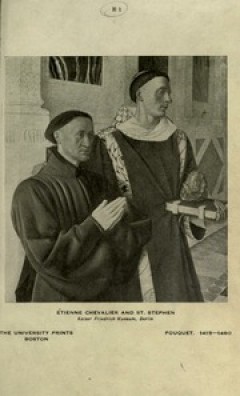
University prints
- Edition
- -
- ISBN/ISSN
- 429274759
- Collation
- cdl; americana
- Series Title
- -
- Call Number
- srlf:LAGE-3522723
- Edition
- -
- ISBN/ISSN
- 429274759
- Collation
- cdl; americana
- Series Title
- -
- Call Number
- srlf:LAGE-3522723

The son of Porthos
- Edition
- -
- ISBN/ISSN
- -
- Collation
- 284 p
- Series Title
- -
- Call Number
- 845 DUM s
- Edition
- -
- ISBN/ISSN
- -
- Collation
- 284 p
- Series Title
- -
- Call Number
- 845 DUM s
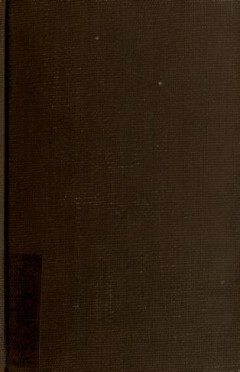
New etymological French grammar giving for the first time : the history of th…
- Edition
- -
- ISBN/ISSN
- -
- Collation
- 522 p. 17 cm
- Series Title
- -
- Call Number
- 445 CHA n
- Edition
- -
- ISBN/ISSN
- -
- Collation
- 522 p. 17 cm
- Series Title
- -
- Call Number
- 445 CHA n
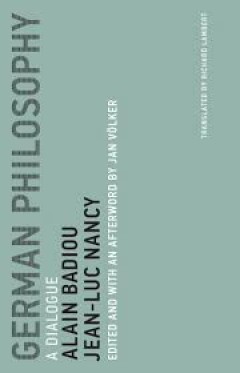
German philosophy :a dialogue
Two eminent French philosophers discuss German philosophy--including the legacy of Kant, Hegel, Nietzsche, Adorno, Fichte, Marx, and Heidegger--from a French perspective.OCLC-licensed vendor bibliographic record.
- Edition
- -
- ISBN/ISSN
- 9780262348355
- Collation
- 1 online resource.
- Series Title
- -
- Call Number
- -

The Radiance of France: Nuclear Power and National Identity after World War II
How it happened that technological prowess and national glory (or "radiance," which also means "radiation" in French) became synonymous in France as nowhere else.
- Edition
- -
- ISBN/ISSN
- -
- Collation
- 1 online resource (xxviii, 461 pages) : illustrations, map.
- Series Title
- -
- Call Number
- -

The radiance of France :nuclear power and national identity after World War II
Originally published: 1998. With new foreword and afterword.How it happened that technological prowess and national glory (or "radiance," which also means "radiation" in French) became synonymous in France as nowhere else.OCLC-licensed vendor bibliographic record.
- Edition
- -
- ISBN/ISSN
- 9780262258890
- Collation
- 1 online resource (xxviii, 461 pages) :illustrations, map.
- Series Title
- -
- Call Number
- -
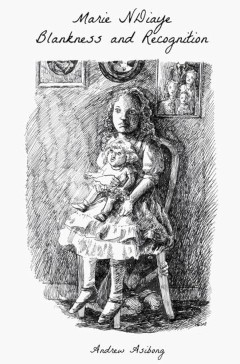
Marie NDiaye : Blankness and Recognition
This is the first critical study in English to focus exclusively on the work of Marie NDiaye, born in central France in 1967, winner of the Prix Femina (2001), the Prix Goncourt (2009), shortlisted for the Man Booker International Prize (2013), and widely considered to be one of the most important French authors of her generation. Andrew Asibong argues that at the heart of NDiaye's world lurks …
- Edition
- -
- ISBN/ISSN
- 9781846319464
- Collation
- -
- Series Title
- -
- Call Number
- 800 ASI m
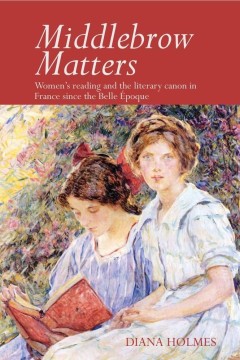
Middlebrow Matters : Women's reading and the literary canon in France since t…
Middlebrow is a derogatory word that connotes blandness, mediocrity and a failed aspiration to ‘high' culture. However, when appropriated as a positive term to denote that wide swathe of literature between the challenging experimentalism of the high and the formulaic drive of the popular, it enables a rethinking of the literary canon from the point of view of what most readers actually re…
- Edition
- -
- ISBN/ISSN
- 9781786941565
- Collation
- -
- Series Title
- Contemporary French and Francophone Cultures
- Call Number
- 800 HOL m
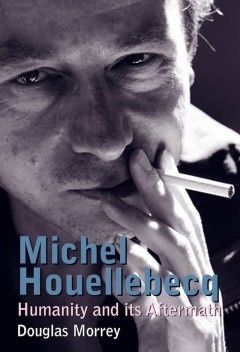
Michel Houellebecq : Humanity and its Aftermath
Michel Houellebecq is perhaps the single most successful and controversial of all contemporary novelists writing in French. Houellebecq has become a global publishing phenomenon: his books have been translated worldwide, three film adaptations of his work have been produced, and the author has been the subject of million-euro publishing deals and of successive media scandals in France. His nove…
- Edition
- -
- ISBN/ISSN
- 9781846318610
- Collation
- -
- Series Title
- -
- Call Number
- 900 MOR m
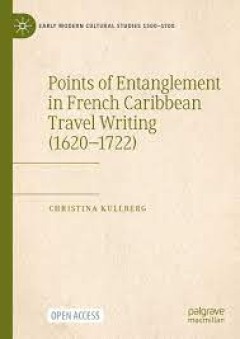
Points of Entanglement in French Caribbean Travel Writing (1620-1722)
This open-access book investigates Francophone Caribbean literature by exploring and analyzing French seventeenth-century travel writings. The book argues for a literary re-examination of the representation of the early colonial Caribbean by proposing theoretical linkages to contemporary Caribbean theories of creolization and archipelagic thinking. Using Édouard Glissant’s notion of points o…
- Edition
- -
- ISBN/ISSN
- 9783031233562
- Collation
- -
- Series Title
- -
- Call Number
- -
 Computer Science, Information & General Works
Computer Science, Information & General Works  Philosophy & Psychology
Philosophy & Psychology  Religion
Religion  Social Sciences
Social Sciences  Language
Language  Pure Science
Pure Science  Applied Sciences
Applied Sciences  Art & Recreation
Art & Recreation  Literature
Literature  History & Geography
History & Geography